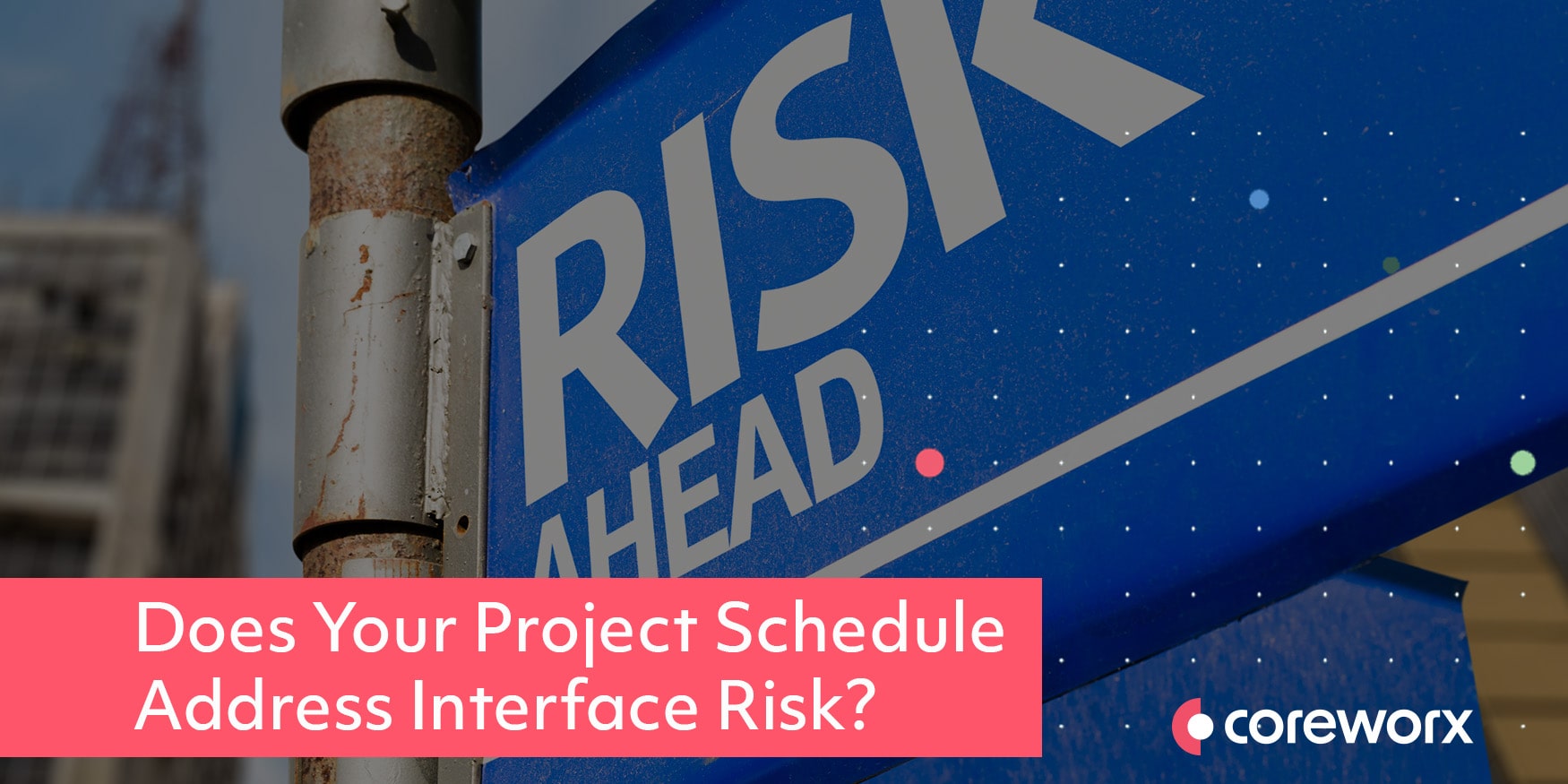
Interface Management: How Contractors Deliver Quality Projects
Most people are familiar with the idiom, putting all your eggs in one basket. The premise is that if all your resources (e.g., eggs) are in one basket and the basket is dropped, you risk losing all of your eggs. In the investment world, the scenario would be akin to putting all your money in the hands of one company or person. It wouldn’t be a big deal if you only had a few hundred dollars invested, but what if you had a few billion?
As projects have grown into multi-billions of dollars, many owners are revisiting how they manage increasingly complex projects. Over the years, there has been a significant shift from the one-basket approach to the many-basket approach. Instead of relying on a single EPC, owners have moved to a contractual approach that sees many specialized contractors responsible for specific scope packages, effectively breaking a big project into a collection of smaller projects.
As a result of this shift, many projects have moved to EPCM (Engineering, Procurement, and Construction Management) or PMC (Project Management Consultant) contracts where the contractor acts on the owner’s behalf, or as part of the owner’s own project delivery team.
Under these contractual scenarios, many specialty contractors construct the project, while the project delivery team is responsible for developing the design and managing the procurement and construction process on behalf of the owner. The project delivery team must ensure that work is performed to the quality required, to a schedule that is compatible with the overall project schedule, and in accordance with the planned cost. This team manages the many baskets made up of multiple scope packages and multiple contractors.
Interface management is no longer an internal project delivery issue only. Interface management instead becomes a combination of internal interfaces, as well as handling interfaces outside the project battery limit. This significantly complicates the role of the typical interface manager and requires a robust interface management process and toolset.
Strong interface management expertise is vital to the successful delivery of large-scale projects with many stakeholders. Interface management is all about making sure that communication between those stakeholders is handled in a formal manner that minimizes risk and provides appropriate visibility to help deal quickly with problems when they do arise. Mismanaged, interfaces can have hugely negative impacts on the cost and schedule of the project and be financially debilitating for the owner and contractors involved in the project delivery team.
To successfully manage multiple parties, interface management must be a part of the overall project management plan. With a seasoned interface manager and the proper interface management system in place:
- project quality will improve,
- with less risk of rework,
- less risk of schedule slippage,
- fewer cost overruns, and ultimately,
- less overall frustration for all parties involved.
The purpose of interface management is to mitigate interface-related risk by recording and tracking interfaces early in the project and to open lines of communication between project participants. Documenting interfaces and providing strong communication helps align contracting parties and establish clear lines of responsibility between parties; this leads to improved project performance and a reduction in the likelihood of poor outcomes. While the varied contractors have contractual commitments to the owner, they have no direct contractual commitment between them To handle this gap in contractual relationships, more and more project delivery teams are applying interface management practices.
Investing in a best-in-class interface management program can provide substantial benefits to an owner as well as the owner’s representative, whether it is an EPCM or PMC. These benefits include:
- Dispute avoidance: Interface management provides protection for both the owner and EPCM/PMC against claims from trade contractors that delays were due to failure by the EPCM/PMC to coordinate the scope packages properly or resulted from delays imposed by an interfacing contractor.
- Increased rigor applied to contracts: With full visibility of interface points, an evaluation of different contract award scenarios that minimize interface-related risk for the overall project can be conducted.
- Achieve contract incentives: Bringing the project in on time and on budget can have substantial financial rewards for the owner’s representative. Investment in a strong interface management program minimizes a significant source of manageable risk in a capital project.
- Being a competitive differentiator: An interface management program demonstrates credibility and commitment to project governance that will best serve the owner in effectively controlling project costs and risk.
To gain owner confidence and to build a long-term successful relationship, the owner’s representative must prove their competency in managing and coordinating the activities of multiple contractors during design and construction.
Owners are looking for contractors who can:
- Successfully manage FEED and ensure that clear, well-defined scope packages are developed and include well-defined interfaces.
- Provide the knowledge and tools required to manage multiple contractors during design and construction and the conflicts that can arise from interface-related issues.
- Deliver project reporting that includes visibility into interface management activities.
When not managed effectively, project interfaces can lead to major problems, delays, and cost overruns. Interface management can help project delivery teams be successful in the coordination of the design and construction elements of the project as they deal with many specialized contractors. This coordination helps give the owner confidence in the team’s project execution capabilities.
For contractors bidding to operate on project delivery teams, strong interface management expertise is vital to the successful delivery of complex projects. Managing interfaces well is a significant competitive differentiator.
For more information on how interface management informs projects of potential risk and helps teams deliver quality projects, be sure to check out our Advanced Project Insights with Interface KPIs webinar





